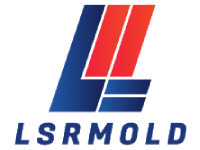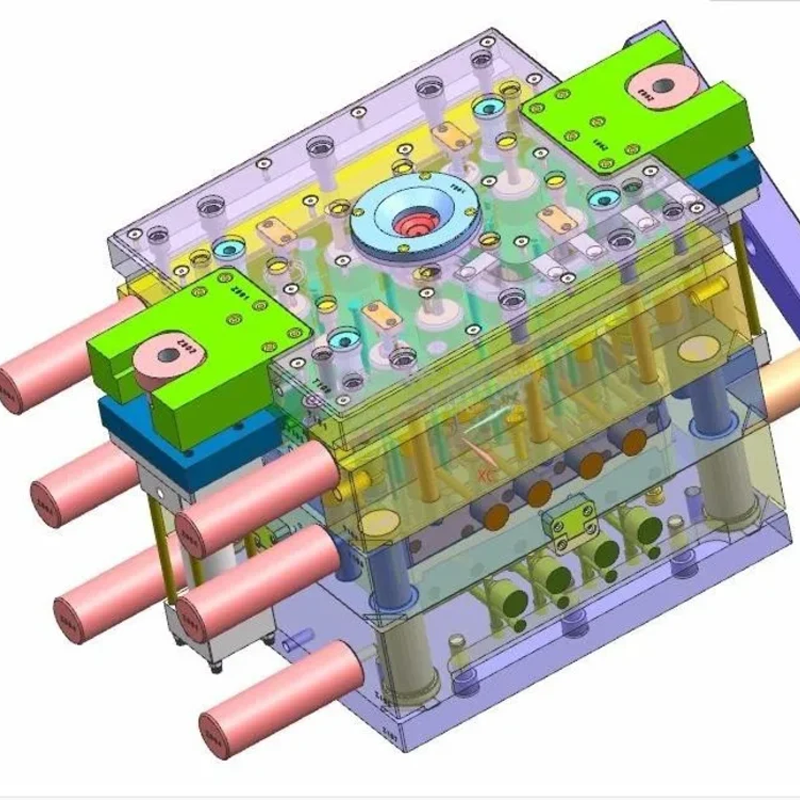Mold design is a crucial step in the manufacturing process that directly influences the success of a product’s production cycle. Whether you are producing a high-volume consumer good or a custom-engineered industrial component, the precision and quality of the mold can make or break the final product. At LSRmold, we understand how vital it is to collaborate with experienced mold designers to ensure that your tooling is tailored to meet both performance and quality standards.
Manufacturers must take careful consideration when designing molds to meet the precise specifications required for mass production. A poor mold design can lead to defects in the final product, delays, and significant waste of resources. On the other hand, a well-designed mold can significantly improve production efficiency, reduce costs, and guarantee the consistent quality of the finished products. At LSRmold, we provide comprehensive mold design and manufacturing services that help ensure the success of your production line, allowing you to focus on scaling your business and meeting customer demands.
What Is a Die Tool?
A die is a specialized tool used to shape or cut materials during the manufacturing process. Die tools are essential for mass production, particularly when producing synthetic products that require precise molding and cutting. These tools must be meticulously designed based on process specifications to ensure that each piece produced is identical and of the highest quality. Without a well-designed die, manufacturers face the risk of producing a batch of products that fail to meet the desired standards, leading to waste, rework, and costly delays.
Die tools, including cutting tools and forming molds, are an integral part of the manufacturing process for products that are mass-produced. Proper mold design guarantees that the production process runs smoothly and the products maintain the desired level of performance. At LSRmold, our expertise in die tool design helps mitigate risks by ensuring that the tools we create meet your specific requirements and industry standards.
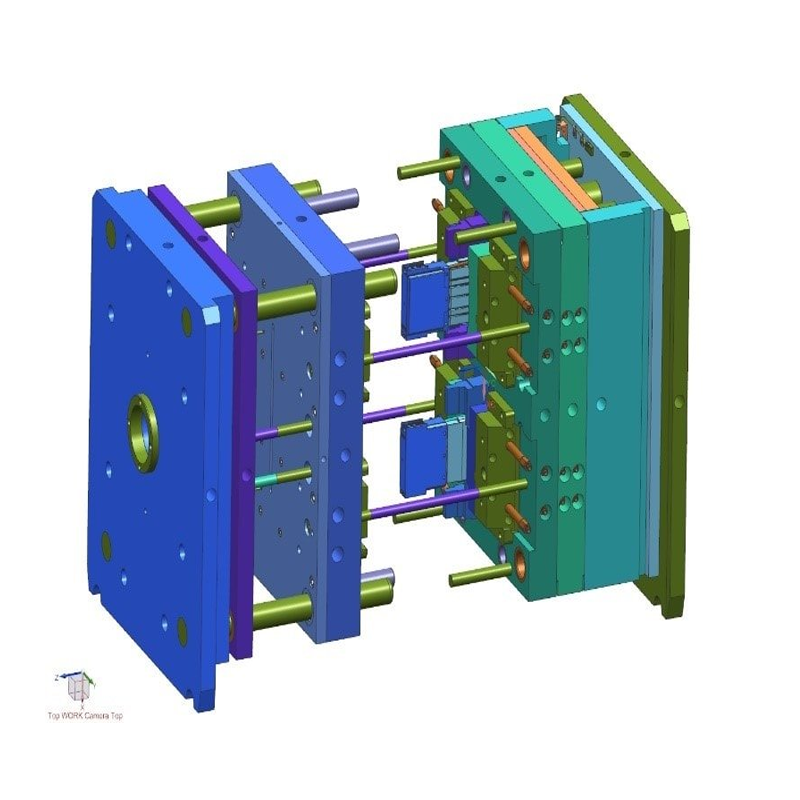
The Tool Design Process
Designing effective tools for manufacturing is a multi-step process that requires careful planning, evaluation, and iteration. At LSRmold, we follow a systematic approach to tool design to ensure that every aspect of the production process aligns with the client’s needs and industry standards.
-
Problem Statement and Analysis
The first step in tool design is to understand the product’s requirements and identify potential issues in the manufacturing process. This involves a detailed analysis of the product’s structure, functionality, and performance expectations. By evaluating the product early on, tool designers can anticipate potential design flaws that could lead to manufacturing challenges.
-
Analyze Requirements
Once the problem statement has been identified, the tool designer must assess the specific requirements for the mold. This includes factors such as the type of material to be used, the expected durability of the product, and any unique features that need to be incorporated into the mold. For instance, a mold for a medical-grade silicone component would require a different design compared to a mold for a standard plastic part. Understanding the nuances of each product type ensures that the tooling is appropriately designed.
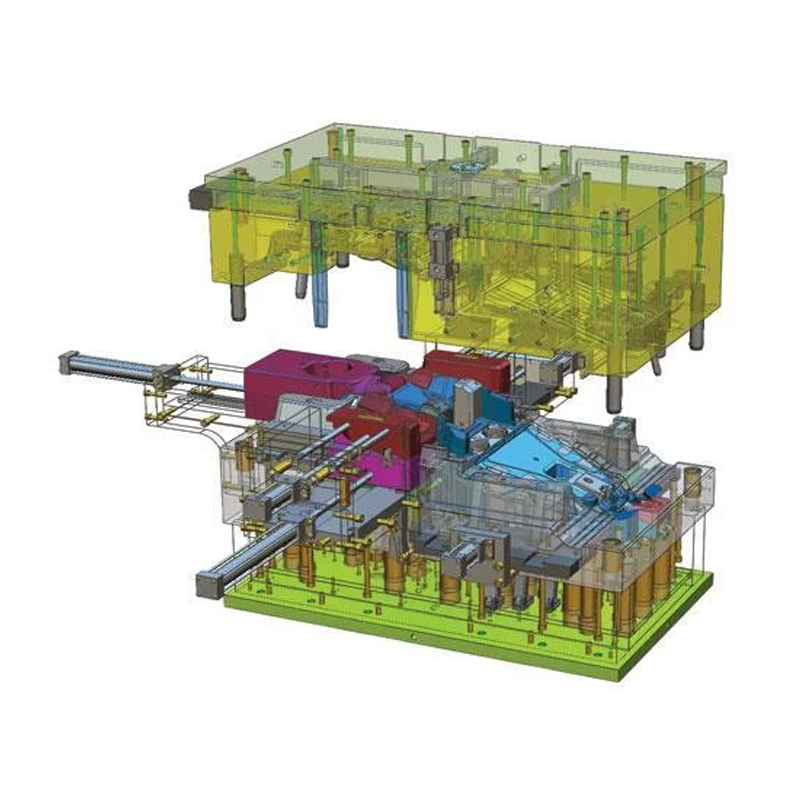
-
Development of Initial Ideas and Design Alternatives
During this stage, the tool designer creates initial design concepts and explores multiple alternatives. The goal is to develop a range of design options that can be evaluated for efficiency, cost, and functionality. For example, a designer may propose different mold designs or materials, considering factors such as heat resistance, mold life, and ease of maintenance. Having backup designs in place ensures that if one design fails to meet expectations, an alternative can be implemented without major delays.
-
Finalizing the Design Concept
After thoroughly evaluating different design concepts, the tool designer will finalize the mold design. This process involves fine-tuning the design to ensure that it aligns with all technical and functional requirements. Once the final design is approved, the tooling process begins, and manufacturing can proceed. At LSRmold, we work closely with clients to ensure that the final design meets the required standards and is ready for production.
The Role of Precision in Tool Design
The quality, performance, and consistency of mass-produced parts rely heavily on the precision of the molds used. Inaccurate or poorly designed molds can result in defective parts, inefficiencies, and a higher rate of rejected products. At LSRmold, we prioritize precision at every stage of the mold design and manufacturing process. Our state-of-the-art equipment and experienced engineers work together to create molds that meet the highest industry standards.
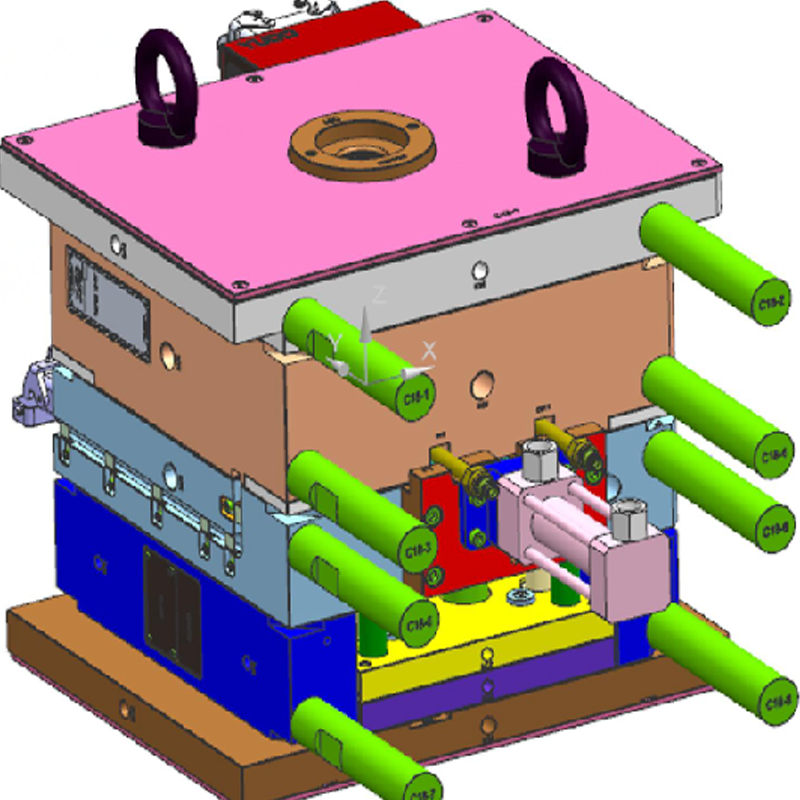
High-quality molds are essential for ensuring repeatability in mass production. With precision tooling, manufacturers can achieve consistent results over multiple production cycles, reducing downtime and waste. This is particularly important in industries such as automotive, medical devices, and electronics, where even slight deviations can lead to significant problems.
Types of Tooling and Molding Techniques
At LSRmold, we offer a wide range of tooling options to meet the specific needs of our clients. Depending on the product and its intended use, different types of tooling may be required. Here are some of the most common types of molding techniques used in the industry:
– Plastic Injection Molding: This process involves injecting molten plastic into a mold under high pressure. It’s ideal for producing high volumes of small to medium-sized plastic components with high precision.
– Die-Casting: This technique is used to produce metal parts by injecting molten metal into a mold. It is commonly used for manufacturing durable and high-strength components.
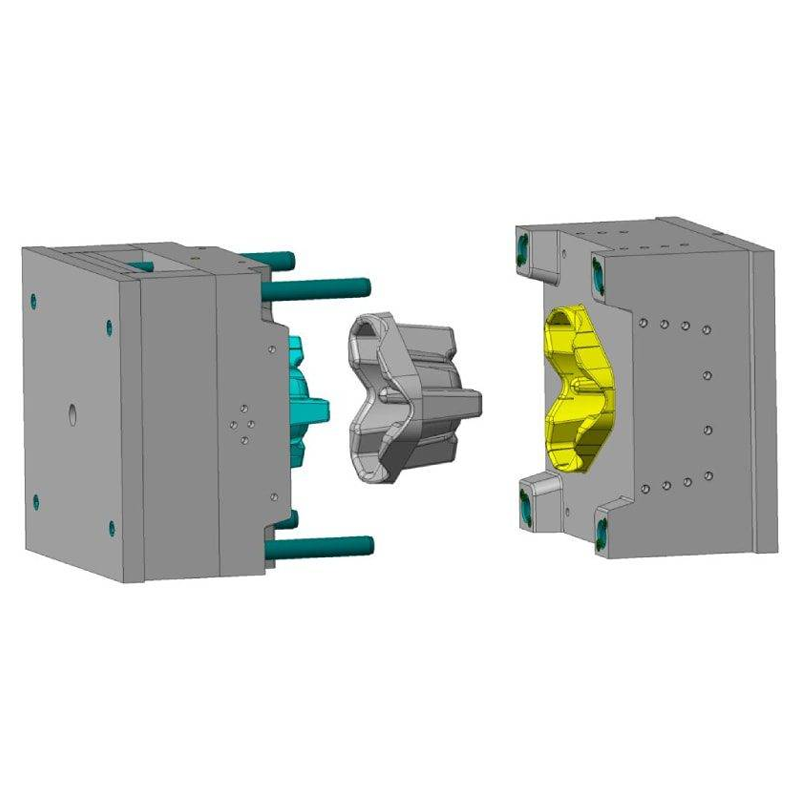
– Silicone Molding: Silicone molds are ideal for producing flexible, durable parts, especially in industries such as medical and automotive. LSRmold specializes in silicone molding, including Liquid Silicone Rubber (LSR) and compression molding.
– Rapid Prototyping: For companies looking to test a product quickly, we offer rapid prototyping services, including 3D printing and CNC machining. This allows manufacturers to create functional prototypes in a fraction of the time, providing valuable feedback before full-scale production begins.
Real-World Applications of Mold Design
The importance of mold design extends across various industries, from automotive and healthcare to consumer goods and electronics. For example:
– Automotive Industry: Mold design is crucial for producing parts such as gaskets, seals, and complex engine components. Precision tooling ensures that each part fits perfectly and performs reliably under demanding conditions.
– Medical Devices: The design of molds for medical components, such as implants, prosthetics, and breathing masks, requires a high level of accuracy and attention to detail. At LSRmold, we specialize in creating molds for medical-grade silicone products, ensuring that they meet stringent regulatory standards.
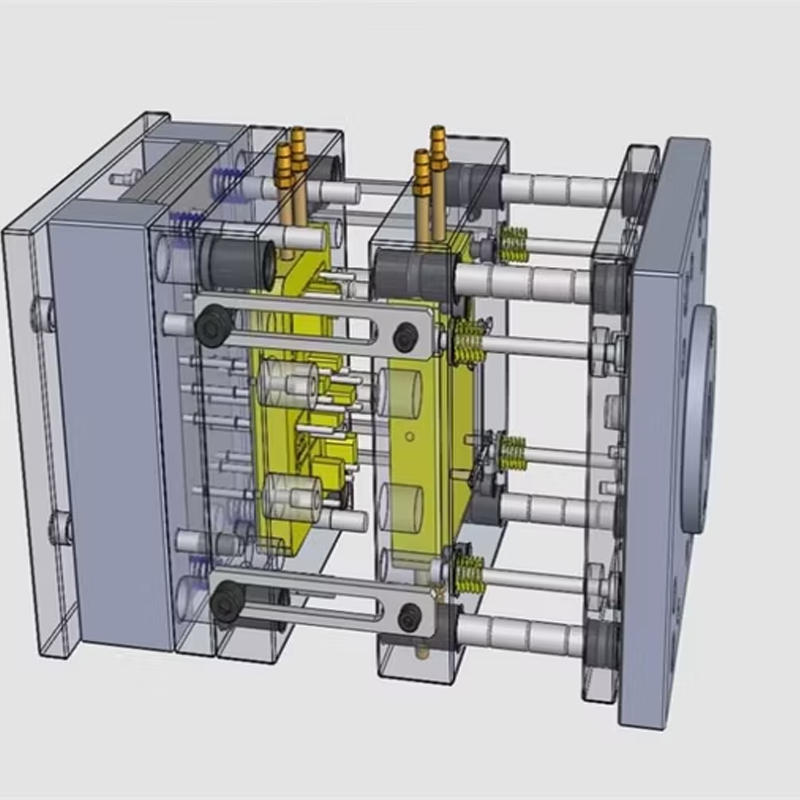
– Consumer Electronics: In the electronics industry, mold design is essential for producing components such as keypads, connectors, and housings. These parts must be both functional and aesthetically pleasing, and they often need to be made from durable, lightweight materials.
Conclusion
Tooling design plays a critical role in ensuring that products are manufactured with the highest quality, precision, and efficiency. At LSRmold, we provide comprehensive tooling services that cater to a wide range of industries and applications. From initial concept to final production, we collaborate with our clients to create molds that meet their exact specifications and ensure the success of their manufacturing processes.
If you’re looking for high-quality tooling design and precision molding services, look no further than LSRmold. With over 20 years of experience, we are committed to delivering rapid, creative, and cost-effective solutions to meet your manufacturing needs. Get in touch with us today to learn more about how we can support your next project.
